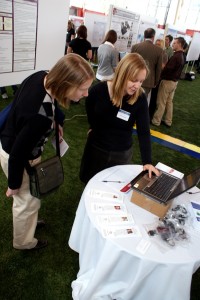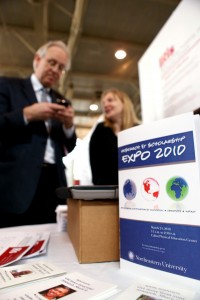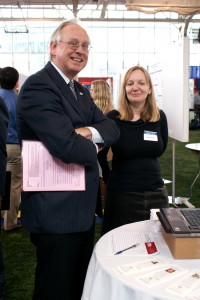IRis Highlight: Studies in American Fiction
Founded by the Northeastern University English Department and published for over three decades, Studies in American Fiction is a well-regarded, peer-reviewed journal that covers both “emergent writers and canons, as well as American literary classics.” IRis has a small selection of recent articles, and will hopefully include more backfiles in the future.
In Studies in American Fiction you can find articles on authors as diverse as John Cheever, Jonathan Safran Foer, and Sarah Orne Jewett, and on topics as diverse as missionary literature, Orientalism, and temperance.
IRis also includes additional contributions from the Northeastern English Department, and you can even browse in IRis for more exposure to the fascinating array of subjects being studied by Northeastern’s other departments and research centers.


